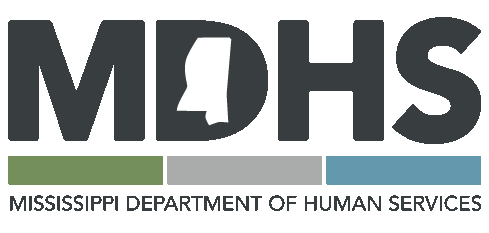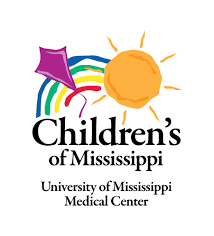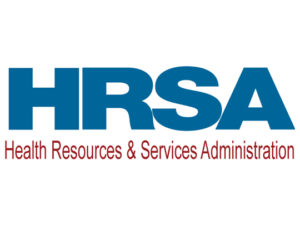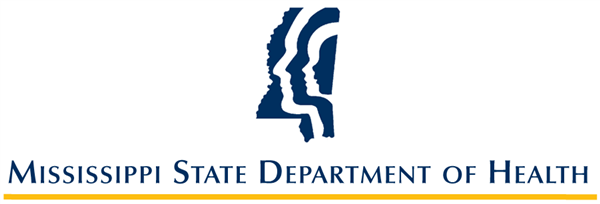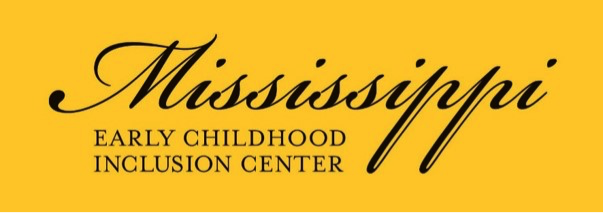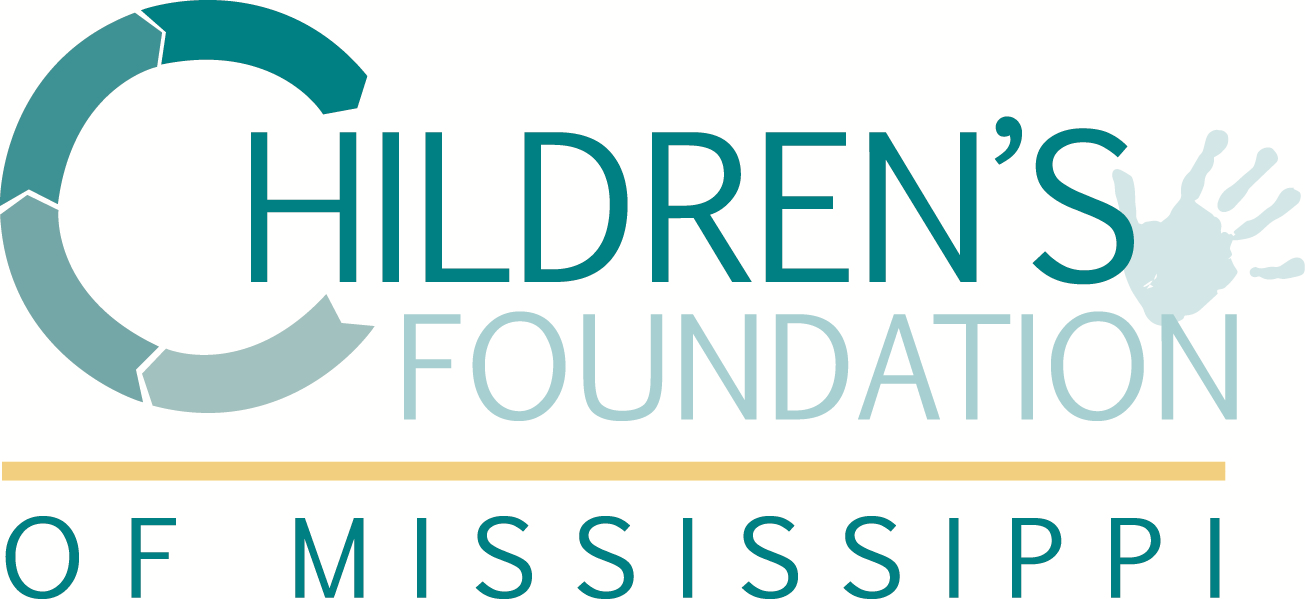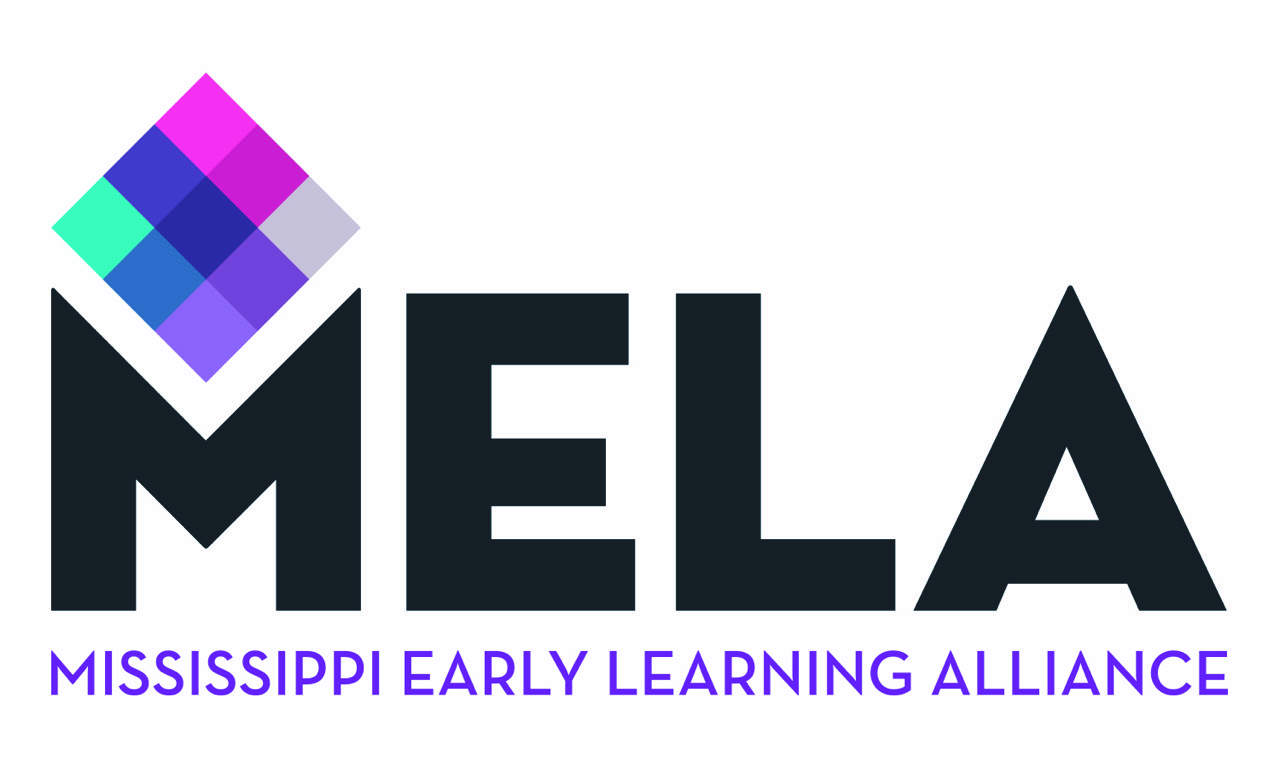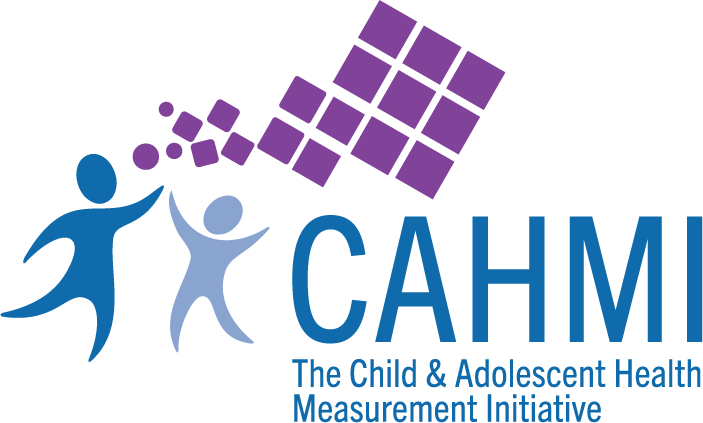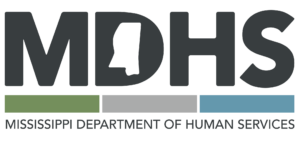Our website is all about improving outcomes for Mississippi’s most precious asset—its children.
MississippiThrive.com has resources for families, healthcare providers and early childhood professionals to foster positive caregiver and child interactions, enhance attention to developmental milestones and strengthen children’s brain architecture.
Mississippi Thrive! Past and Present
The five-year Child Health and Development Project: Mississippi Thrive! began in 2017 as a project of the University of Mississippi Medical Center’s (UMMC) Children’s of Mississippi and Mississippi State University’s Social Science Research Center (SSRC) with funding from the Health Resources Services Administration (HRSA). The project’s goal was to provide information and resources to improve the developmental health for children in Mississippi ages birth – five years.
Under new funding from the Mississippi Department of Human Services’ Early Childhood Care and Development Division, the Mississippi Thrive! website lives on so that families, childcare providers, teachers, and healthcare professionals can continue to access the valuable resources that support early child development.
Click on the organizations below to learn more about MDHS and the MS Thrive! project partners.
The Mississippi Thrive! project made a positive impact on early child developmental health with the following activities.
- Gained knowledge of the environment by conducting and analyzing surveys of parents and healthcare providers; Developing policy briefs and reports based on research outcomes
- Increased opportunities for back-and-forth “serve and return” interactions between adults and children by instituting Reach out and Read and VROOM across the state
- Implemented Health Care Practice Transformation initiatives in pediatric medical homes
- Established a state advisory committee
- Enhanced the early childhood developmental/behavioral health system workforce through a Mississippi Thrive! UMMC fellowship program and Mt. Sinai training for pediatric residents at UMMC
- Trained health care providers on early childhood developmental/behavioral health
- Embedded early childhood developmental and behavioral health education modules into state agency personnel training programs
- Promoted early care provider and caregiver outreach regarding the importance of early childhood developmental health; improving awareness about screenings and child development using a public service health messaging campaign
- Developed interactive resource maps for parents, educators, and providers to use on the MS Thrive!
We’re not alone in helping Mississippi’s children.
Our resource partners provide a wide assortment of resources which we share with families, teachers, and healthcare providers throughout the state.
We encourage you to learn more about them.
Want to learn more?
Use the links below to learn more about our project and read publications about early child development.

